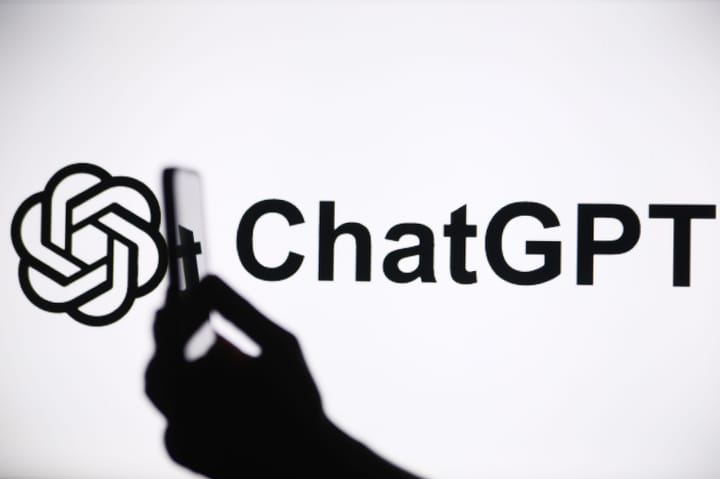Larry Summers Exits OpenAI Board as Newly Released Epstein Emails Trigger Rapid Fallout
Former Treasury Secretary Larry Summers resigns from OpenAI’s board after unsealed Jeffrey Epstein emails revealed he sought the financier’s personal dating advice in 2018–2019, years after Epstein’s conviction and months before his final arrest.

Prominent economist and former U.S. Treasury Secretary Larry Summers has stepped down from the board of OpenAI, the company behind ChatGPT, following the public disclosure of deeply personal email exchanges with the late financier and convicted sex offender Jeffrey Epstein.
The resignation, announced on November 19, 2025, marks a swift escalation in a scandal that has also prompted Harvard University to launch an internal review and forced Summers to retreat from several high-profile roles.
The Trigger: A Fresh Batch of Epstein Documents
A congressional committee recently unsealed thousands of pages from Epstein's estate, including a series of emails and texts between Summers and Epstein dating from late 2018 through mid-2019, well after Epstein's 2008 conviction for procuring a minor for prostitution and just weeks before his 2019 arrest on federal sex-trafficking charges.
The correspondence paints an uncomfortably intimate picture: Summers, then a married Harvard professor emeritus, consulted Epstein for advice on pursuing a romantic relationship with a younger female mentee.
In the messages, Epstein positioned himself as a confidant, urging Summers to adopt manipulative tactics and predicting the woman's eventual submission. The exchanges include Summers expressing frustration over mixed signals and Epstein coaching him to maintain distance while keeping professional leverage.
Summers has publicly described his continued contact with Epstein as a "misguided decision" for which he is "deeply ashamed" and takes "full responsibility."
OpenAI's Quiet Acceptance
Summers joined OpenAI's board in late 2023, during the chaotic period surrounding CEO Sam Altman's brief ouster and reinstatement. His economic expertise was seen as a stabilizing force for the fast-growing AI giant.
In a brief statement, OpenAI's board said it respected Summers' choice to step down and thanked him for his contributions. No further commentary has come from the company or Altman, suggesting an effort to distance the organization from the controversy without drawing additional attention.
Broader Repercussions for a Once-Ubiquitous Figure
The fallout extends far beyond Silicon Valley:
- Harvard, where Summers served as president from 2001 to 2006 before resigning amid other controversies, has initiated a formal review of his Epstein ties and those of other affiliated individuals.
- Summers has gone on leave from teaching duties, withdrawn from advisory roles at institutions like Bloomberg, the New York Times, and several think tanks, and stepped away from international boards including one at Banco Santander.
- Critics, including Senator Elizabeth Warren (a former Harvard colleague), have called the revelations evidence of chronically poor judgment.
What This Means for Tech Governance
OpenAI's board has undergone multiple shake-ups in recent years as it navigates the transition from nonprofit roots to a valuation reportedly exceeding $750 billion. Losing a heavyweight like Summers, who brought Washington insider credentials and macroeconomic insight comes at a sensitive time, with regulators worldwide scrutinizing AI safety, competition, and ethical oversight.
While the company appears eager to move on, the episode serves as a reminder that in the high-stakes world of frontier AI, personal baggage from board members can quickly become corporate liability.
Fast Facts
1. Why exactly did Larry Summers resign from OpenAI?
His departure was directly tied to the public release of 2018–2019 emails in which he sought and received personal romantic advice from Jeffrey Epstein, including discussions about pursuing a younger mentee while acknowledging power imbalances. Summers framed the resignation as part of a broader retreat from public roles.
2. Had Summers' earlier connections to Epstein been public before?
Yes—his meetings and dinners with Epstein after the 2008 conviction were known and criticized for years, including during a 2020 Harvard review of Epstein donations. However, the newly unsealed messages revealed a far more personal and ongoing relationship, continuing almost until Epstein's 2019 arrest.
3. Will this affect OpenAI's operations or strategy?
Unlikely in the short term. OpenAI issued a short, appreciative statement and has not indicated any broader board changes. The company remains focused on product development and partnerships, but it underscores the growing scrutiny on who sits in the room when trillion-dollar AI decisions are made.


